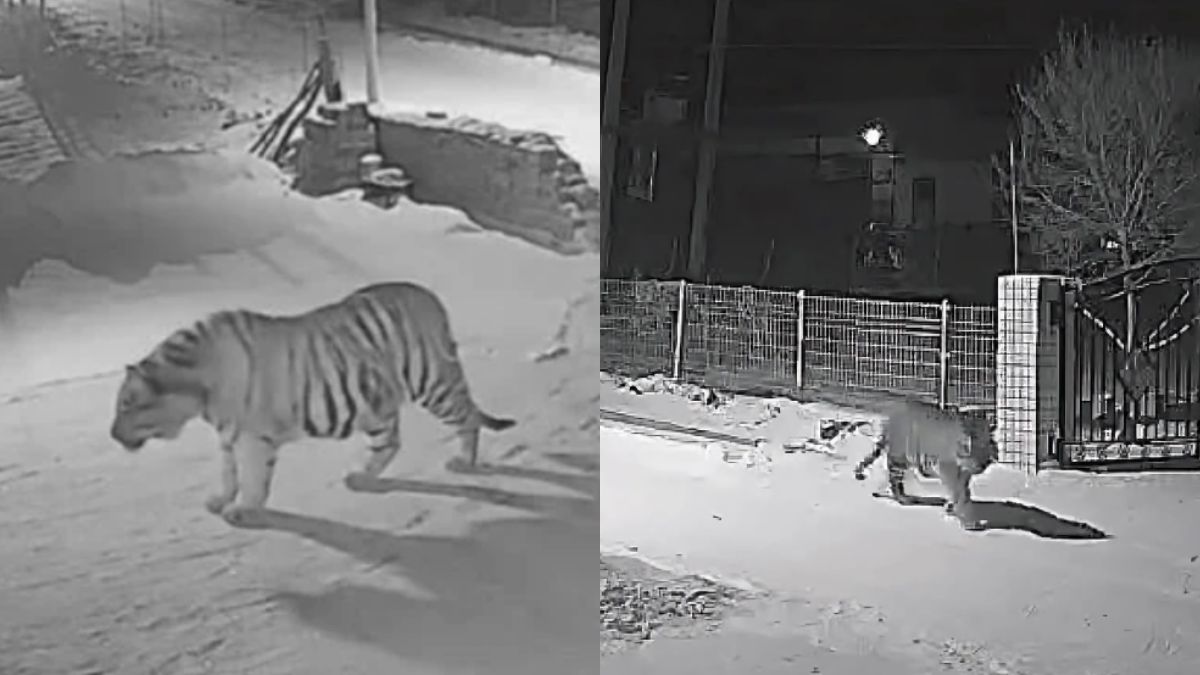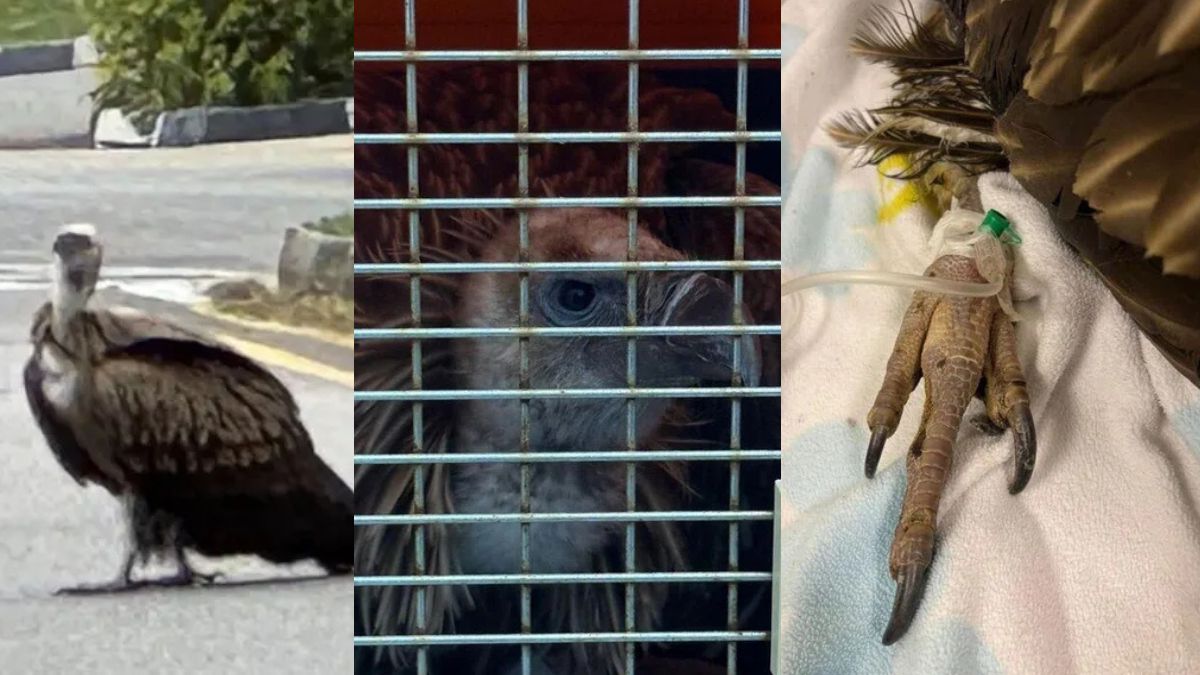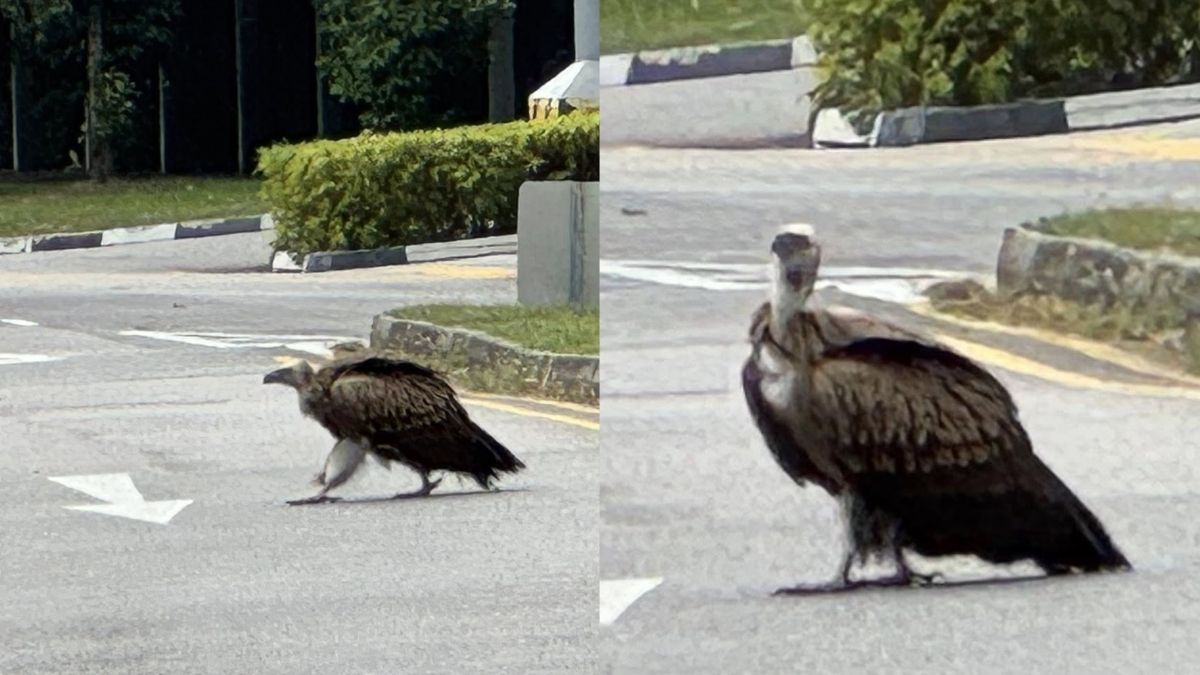Thousands of unlicensed pet boarding services raise animal welfare concerns in Singapore
Despite strict licensing rules, thousands of unlicensed pet boarding services appear to be operating in Singapore, compared to fewer than 100 officially approved facilities. The situation has sparked concern over enforcement gaps and the welfare of pets placed in unregulated care.

- Over 1,800 pet boarding services are listed online, compared with fewer than 100 licensed by AVS.
- Unlicensed operators raise risks of poor care, with incidents of neglect and even pet deaths reported.
- Despite penalties and inspections, enforcement remains a challenge as online listings proliferate.
Thousands of unlicensed pet boarding services are operating in Singapore, despite strict rules requiring operators to obtain a licence from the Animal and Veterinary Service (AVS).
As of June 2025, more than 1,800 pet boarding services were listed on the platform PetBacker, alongside numerous advertisements on Facebook. By contrast, the AVS official registry recorded just 72 licensed commercial facilities and seven on farmland.
The discrepancy has sparked concern among pet owners and netizens, who argue that the booming informal industry may compromise animal welfare.
Growing reliance on home-based services
One netizen recently raised the issue after reading a Straits Times article about home-based food businesses. He noted that rising rental costs appear to be driving individuals to convert their homes, including Housing and Development Board (HDB) flats, into informal boarding facilities.
These operators reportedly host between three and six dogs daily, with potential monthly earnings estimated at between S$4,000 and S$8,000. However, pet boarding is not permitted as a home-based business under Urban Redevelopment Authority (URA) rules.
While HDB allows certain small-scale home businesses, including private tuition and home baking, it prohibits animal-related operations such as grooming and boarding.
Concerns over safety and standards
Dr Chang Siow Foong, Director-General of AVS under the National Parks Board, reiterated in a January 2025 interview that all commercial pet boarding facilities must be licensed. This ensures adherence to hygiene, ventilation, and safety requirements.
AVS has strongly encouraged pet owners to engage only licensed operators. The concerned netizen supported this stance, warning that unlicensed operators may fall short of essential standards and place animals at risk.
Tragic incidents highlight risks
The dangers of unregulated facilities have already been demonstrated. In January 2024, Miso, a four-year-old Singapore Special, died while boarded at an unlicensed service in Serangoon Gardens.
His owners had left him there while on holiday, only to be informed mid-stay that he had died. A vet later confirmed he had no heartbeat on arrival and that rigour mortis had already set in.
The owner admitted she initially knew the service was unlicensed but believed it had since secured proper approval after relocating to a shophouse.
Another pet owner in June 2025 shared her negative experience with a home boarder in Hougang. Despite detailed instructions, her long-coated dog was returned with severe matting, requiring professional grooming.
High-profile past cases have also underscored the risks. In 2019, Platinum Dogs Club operated illegally out of a Bukit Panjang residence, where multiple dogs suffered neglect. Its operator, Charlotte Liew, was later jailed and fined in 2021.
Enforcement challenges
AVS has stressed that regular inspections are conducted to ensure compliance. In January 2024, AVS group director Jessica Kwok reaffirmed that licences are mandatory and that the agency would intensify inspections.
Operating an unlicensed boarding facility in Singapore carries penalties of up to a S$10,000 fine, 12 months’ imprisonment, or both.
Despite these measures, the visibility of unlicensed services online suggests enforcement remains difficult. Publicly accessible listings across platforms continue to advertise unregistered operations, raising doubts about whether existing resources are sufficient to monitor the sector.
Authorities continue to advise pet owners to verify a provider’s licence before placing their animals in care. The AVS registry is publicly accessible for cross-checking.







